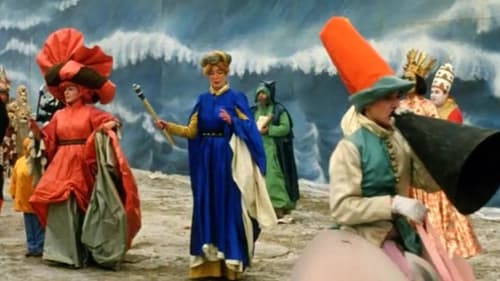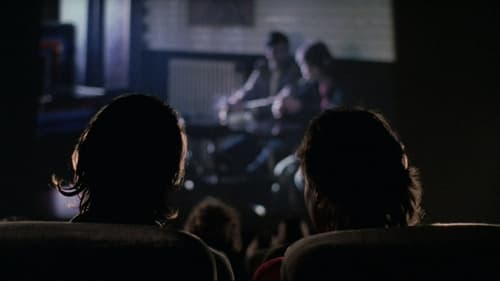
Director
In April and May 1991, Djibril Diop Mambéty shot his second—and final—feature, Hyenas, a free, lyrical adaptation of Friedrich Dürrenmatt’s play The Visit, which he had been dreaming of bringing to life for years. Rather than taking the making-of approach, Ninki Nanka, The Prince of Colobane used the filming of Mambéty’s movie, which he wrote, directed, and acted in, as a pretext to examine his character. Following him throughout the shoot and also paying visits to his family and childhood friends, Laurence Gavron set off on a quest to find the real Djibril—actor, author, filmmaker, brilliant poet, rogue and clairvoyant, charmer with a big heart—in order to expose the different facets of this generous, creative, and fiercely committed vagabond spirit.

Writer
Four junkyard kids go into town looking for something to cure their hero, Grand Batche. On the way, they come across various symbols of society: the cop, the mayor, the postman, the madman, the artist...

Writer
Seven Women, Seven Sins (1986) represents a quintessential moment in film history. The women filmmakers invited to direct for the seven sins were amongst the world's most renown: Helke Sander (Gluttony), Bette Gordon (Greed), Maxi Cohen (Anger), Chantal Akerman (Sloth), Valie Export (Lust), Laurence Gavron (Envy), and Ulrike Ottinger (Pride). Each filmmaker had the liberty of choosing a sin to interpret as they wished. The final film reflected this diversity, including traditional narrative fiction, experimental video, a musical, a radical documentary, and was delivered in multiple formats from 16, super 16, video and 35mm.

Director
Seven Women, Seven Sins (1986) represents a quintessential moment in film history. The women filmmakers invited to direct for the seven sins were amongst the world's most renown: Helke Sander (Gluttony), Bette Gordon (Greed), Maxi Cohen (Anger), Chantal Akerman (Sloth), Valie Export (Lust), Laurence Gavron (Envy), and Ulrike Ottinger (Pride). Each filmmaker had the liberty of choosing a sin to interpret as they wished. The final film reflected this diversity, including traditional narrative fiction, experimental video, a musical, a radical documentary, and was delivered in multiple formats from 16, super 16, video and 35mm.

Prostituierte
Computer operator Faber works on securing computers for big companies and banks. His private life is rather dull until he meets a strange women, Juliet and falls in love. Her friend convinces Faber to exploit his knowledge to rob a bank.



